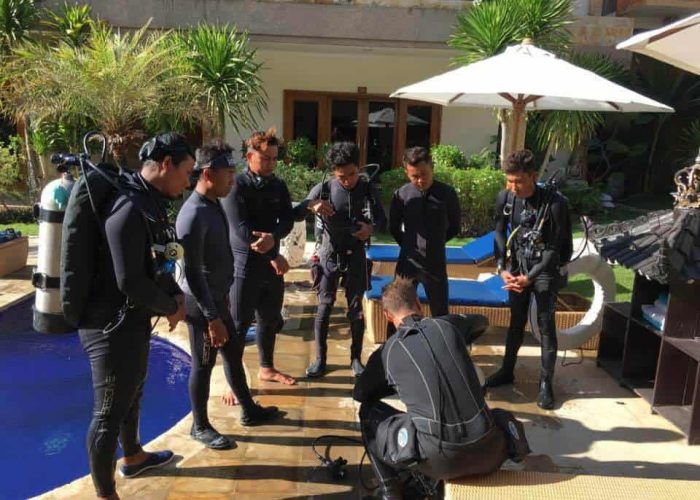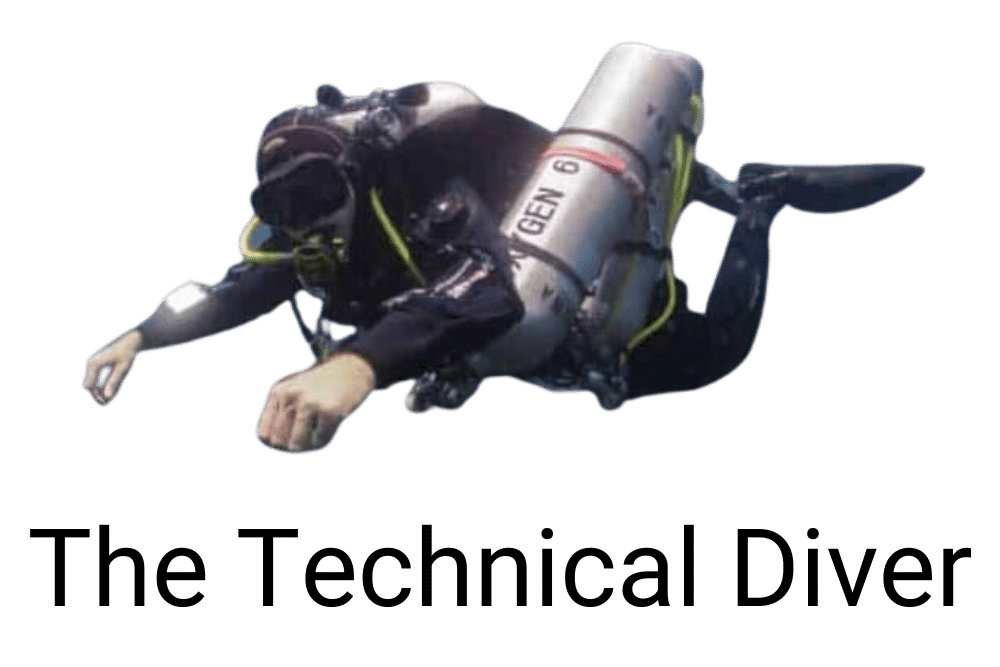Scuba diving courses
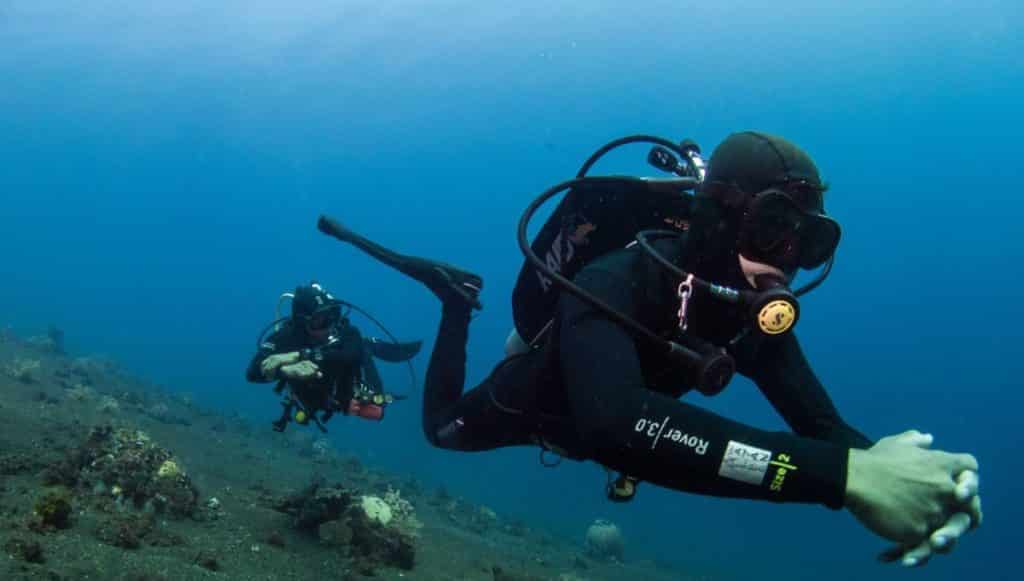
Scuba diving courses
Learning scuba diving and taking further scuba diving courses can be some of the most rewarding things you will ever do. The feeling of weightlessness is unique and unforgettable. Being surrounded by beautiful marine life in an environment that most people only experience on TV, is something you’ll want to do again and again.
Many people think of dive training as a daunting process and often have preconceived notions about what it really entails. It’s common for people to think that scuba diving courses involve being in very deep water from the start. Thanks to the legacy of jaws, many people are initially apprehensive about marine life. But these notions are not even close to the reality of dive training. Learning scuba diving is an incremental process starting at very shallow depths, and most marine life injuries happen as a result of self-defence as a last resort (i.e. you cornered a moray eel in its hidey hole).
Note that I haven’t outlined any of the try-dive experiences, such as SSI’s Try Scuba, or PADI’s Discover Scuba Diving. I think they are absurd and put a huge liability on the instructor. There is an argument to be made for one-on-one try dives in tropical water, but 3 or 4 people following an instructor who cannot physically control all of them is beyond stupid. In cold water, it’s even more ridiculous. I outright refuse to take people on try dives. If you want to go underwater, learn to dive.
Contact me for more information about scuba diving training.
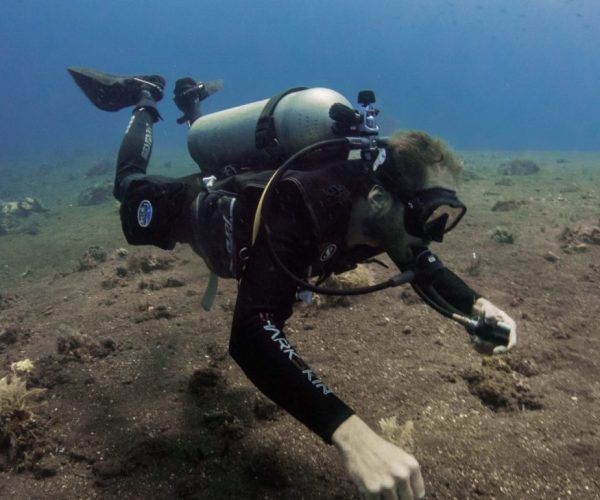
Open water diver
An open water course involves theory sessions, time in a pool, and then 4 or 5 open water dives. Pool training with The Technical Diver doesn’t start with skills, the focus is on feeling comfortable breathing underwater, and thinking about buoyancy from the very beginning.
Time is spent on correct weighting and configuring equipment so that remaining horizontal feels natural and easy. Time is also spent on different propulsion methods, i.e. how you kick.
Your first dives in the ocean are very shallow. By this stage you will have already become comfortable with being underwater in the pool.
Upon certification, you should be wondering why you left it so late to learn. You will be qualified to dive to 18 or 20m (60-65ft).
Click on the links for more information on the open water course with each agency- SDI, Raid, PADI, IANTD
Advanced open water
Advanced diver is a bit of a misnomer, and a marketing tool used by the diving agencies. It’s really about giving you more diving experience whilst showing you different types of diving. You will do 5 or 6 “themed” dives, commonly deep, navigation, buoyancy, wreck, and night dive.
The deep dive with thetechnicaldiver involves learning about dive planning and gas management for going to 30m (100ft). This is not normally included on standard courses.
The advanced open water course will certify you to dive to 30m (100ft), 35m with Raid (115ft).
the technical diver teaches advanced open water training with SDI, Raid, PADI, and IANTD. Click for information on their courses:

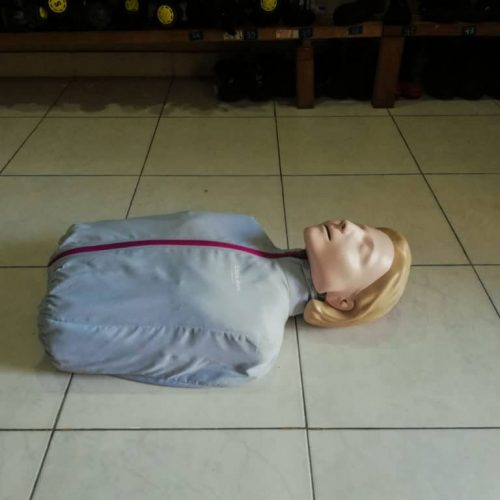
Rescue diver and first aid
Being able to assist other dives, either physically or psychologically is something all divers should be competent at. A distressed or incapacitated diver needs someone nearby who will know how to effectively help them.
This includes managing stress, dealing with tired or panicking divers, surfacing an unconscious diver, and bringing an unconscious or non-breathing diver back to the boat or shore. Technical divers should also be competent with rescue scenarios.
Rescue diver training needs to be realistic so that it can be applied effectively in a real situation. The instinctive drowning response is a great example that many instructors are sadly unaware of. People drown quietly, not screaming and waving. The Technical Diver courses normally take 3 days to complete and include a pool session, theory, and open water training.
For more information on the open water course, click on the links to each diving agency– SDI, Raid, PADI, IANTD
Divemaster professional
A divemaster’s main roles are to guide certified divers and assist dive instructors during scuba diving courses. It’s the first level of professional training, so it is vital that you understand how to ensure the safety of divers that you guide. You also learn about marine life and how to find it, and how to look after and maintain scuba equipment.
The course is usually run over 1-3 months, and you are encouraged to do as much diving as possible in that time. A divemaster is eligible to undertake the instructor training course, though the more experience you have as a divemaster beforehand, the better.
Even if you have no intention of ever working as a dive guide or instructor, it’s still a worthwhile course to help improve your diving.
Click on the links for more information about divemaster training with each agency:
